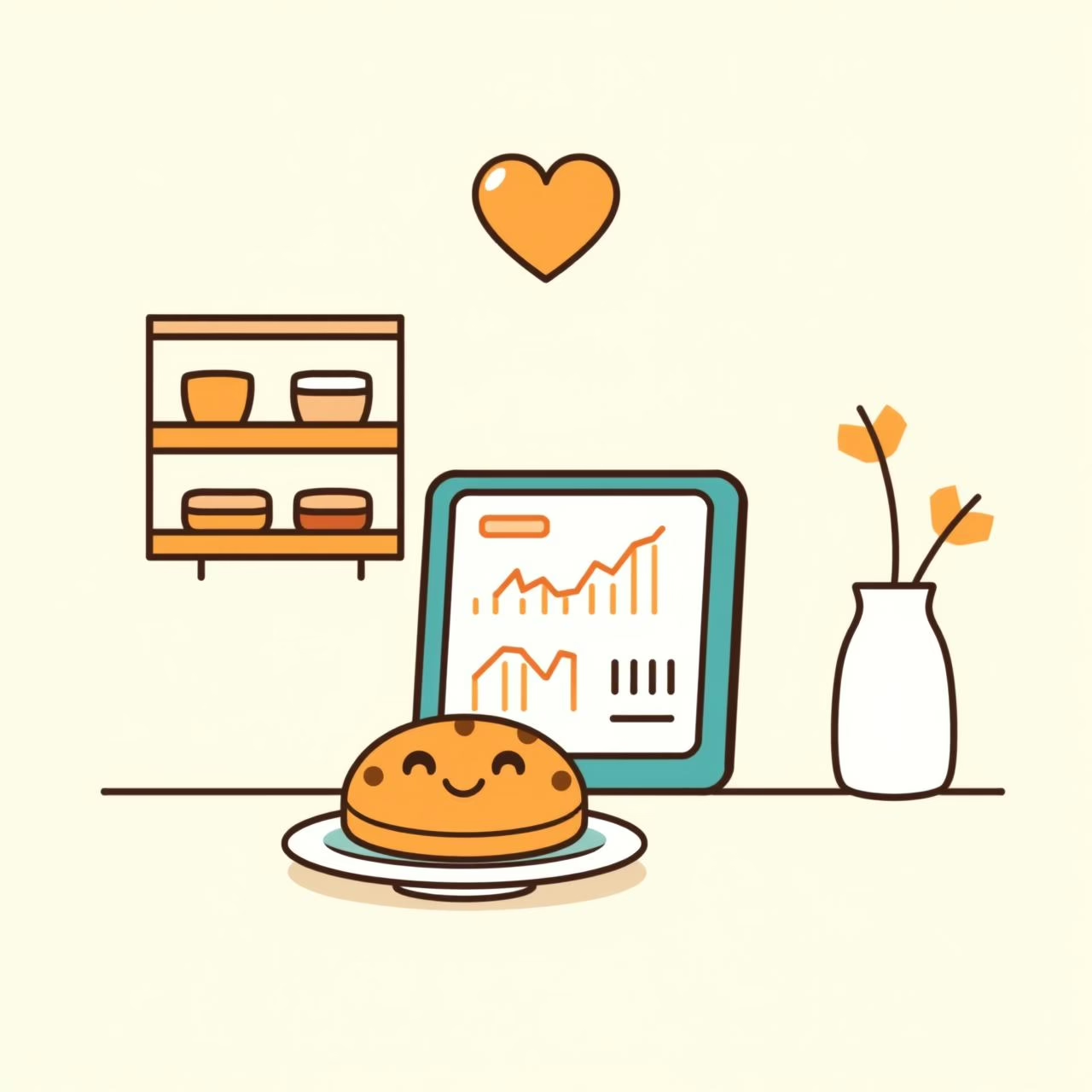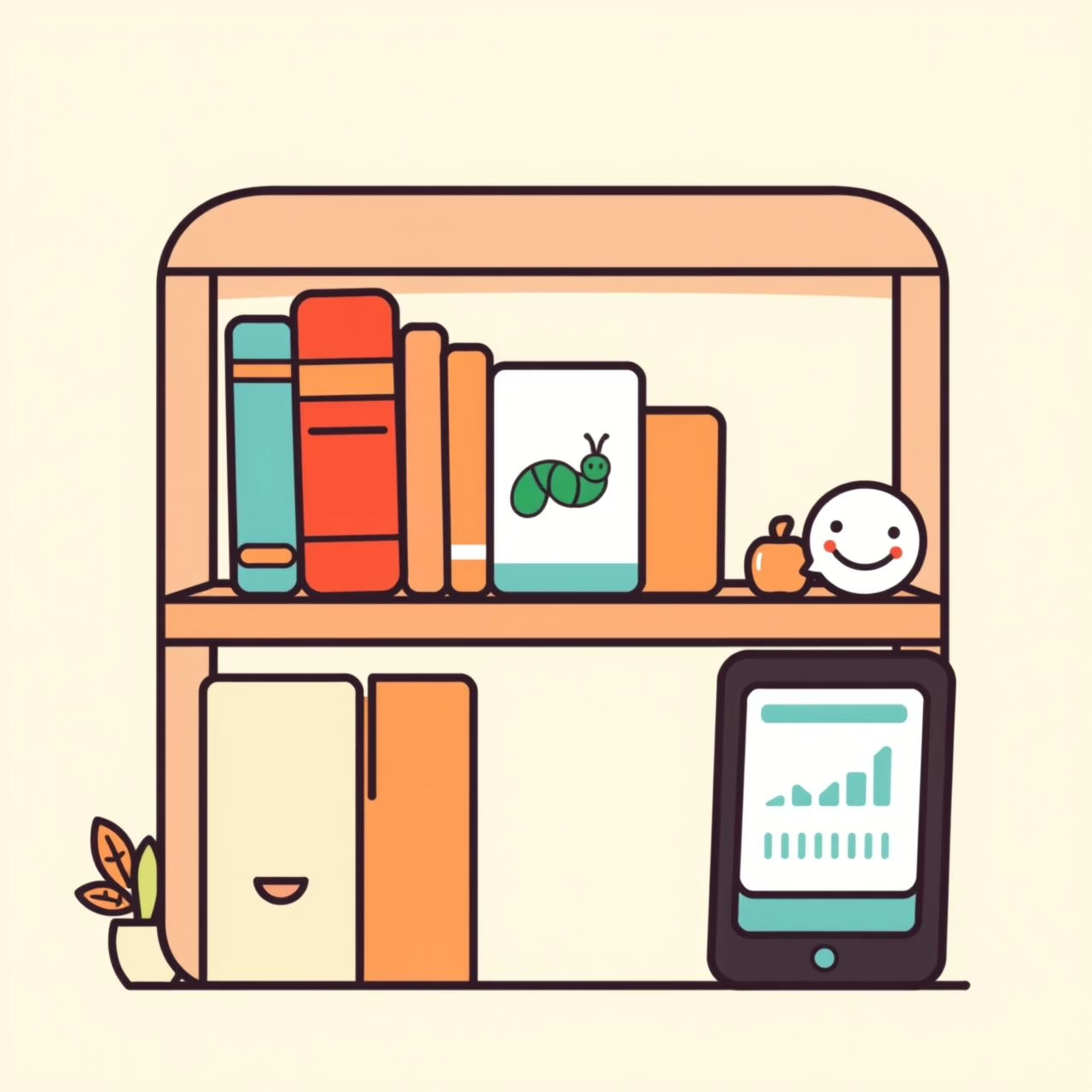
Ever notice how the big AI headlines all sound like they’re from a sci-fi movie? Wall Street chats about trillion-dollar bets while we’re just trying to get dinner on the table. But look closer—our local heroes are rewriting the rules. Here’s the twist: the true winners aren’t in skyscrapers—they’re down the street at your corner bakery, bustling with quiet wins. Small businesses are using AI not for flashy demos, but to run smoother so they can actually see your child’s smile when they hand over that cookie. And that? That’s where we find parenting gold.
Small Shops, Big Smiles: The Real AI Playbook

Picture this: your kid’s after-school hangout—a family-run bookstore. The owner, Ms. Chen, uses AI to track which picture books fly off the shelves so she always has “The Very Hungry Caterpillar” in stock for toddlers. No robot cashiers, no complex prompts. Just smart help behind the scenes. See the magic here? Turns out, 40% of neighborhood shops now tap into AI—nearly double since 2023—and it’s not about replacing humans. They’re automating routine tasks (like inventory) so they’ve got bandwidth for what really matters: handing your child a free sticker with their ice cream or remembering their favorite doughnut.
The latest NFIB survey backs this up—13% of owners call their businesses “excellent” (up 5 points!), with only 4% labeling them “poor.” Kids soak this up like sponges: technology as a quiet helper, not a takeover. It’s the difference between “Wow, machines are scary” and “Hey, that app helps Mrs. Park find my lost mittens!” What small-scale AI wins have your kids noticed lately?
The “Boring” Wins That Actually Spark Joy

Wall Street’s chasing AI hype for sales dashboards and chatbots. But MIT’s research reveals something humbler: real wins come from back-office magic. Over half of AI budgets get poured into flashy front-end tools, yet 95% of pilots stall—while the winners automate mundane stuff like scheduling or supply orders. Think of the local taco truck clearing lines faster so parents can grab lunch without tantrum meltdowns.
This mirrors what we do at home! Like that grocery app saving us meltdowns at checkout, right? That “boring” app that remembers your kid’s veggie preferences? It’s not glamorous, but it saves 15 minutes for sidewalk chalk art. Kids learn resilience watching adults tackle “boring” tasks with grace—not by seeing AI as a superhero, but as a teammate. Next time your child asks, “Why does the coffee shop remember you?”, try: “They use a helper like we do for laundry. Frees them up to say hi!” It turns tech into a relatable tool, not a mystery.
Curiosity Over Screens: Lessons From the Corner Store

Here’s where small businesses accidentally gift us parenting sparks. When your kid notices the hardware store’s tablet suggesting “You might need these nails for that birdhouse!”, that’s a curiosity moment. Not “Let’s Google it,” but “How does it know?” Studies show 87% of AI-adopting businesses use it to scale operations—meaning they’re solving real problems kids witness daily.
Why not turn that into play? While picking up pharmacy refills, ask, “What pesky problem do you think this gadget tackles?” Your seven-year-old might guess: “It finds medicine fast so Grandma feels better!” Exactly. Tech becomes a story of service, not just code. And when they see the barista’s “human moment” (the extra sprinkle on their hot chocolate), they learn balance organically. No lectures needed—just “You know, that app didn’t decide your extra sprinkles. That was Mei being kind.” Keep curiosity alive by framing tech as a helper for people, not instead of them.
Nurturing Resilience in a Whirlwind World

Small shops’ AI wins teach us something profound: resilience isn’t about avoiding change—it’s about using tools to protect what matters. A neighborhood toy store pivoting to AI-driven recommendations after a snowstorm? That means your kid still gets that birthday present on time. 52% of small businesses feel “good” right now—up 3 points—because they’re adapting without losing their soul.
For parents, it’s a blueprint: AI at home should guard our most precious resource—time together. Use it to streamline grocery lists so Saturday mornings become pancake experiments, not errand marathons. Then, intentionally unplug. Try a “tech treasure hunt”: during a walk, spot “real” helpers (the postman, the bus driver) and chat about how tools serve people. Your child learns that innovation isn’t cold efficiency—it’s warmth with a purpose. And when they see local heroes thrive by using tech wisely? That’s the ultimate “I can too” message.
So next stroll, ask: Who’s the real hero—the tool or the heart behind it?
Source: Forget Wall Street: The Real AI Winners Are On Main Street, Forbes, 2025/09/03
